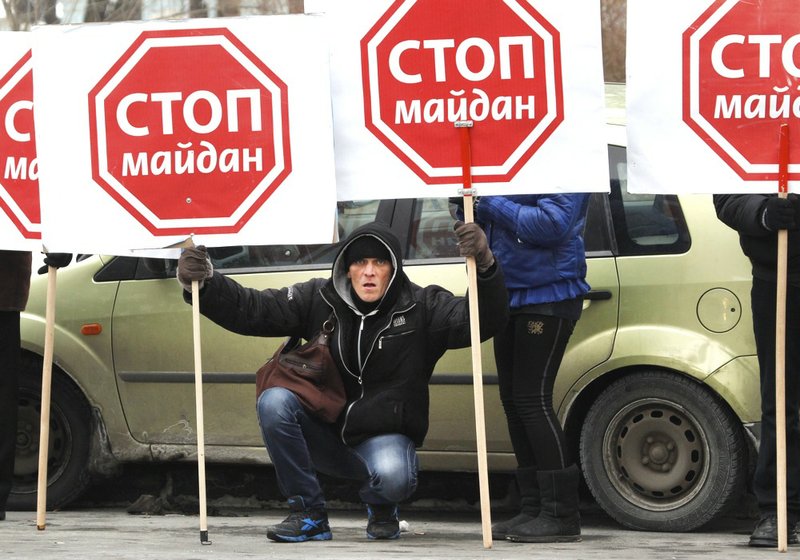KIEV, Ukraine — In back-to-back moves to try resolving Ukraine's political crisis, the prime minister submitted his resignation Tuesday and parliament repealed anti-protest laws that had set off violent clashes between protesters and police.
The twin moves were significant concessions to the protesters who have occupied the capital's main square for two months and fought sporadically with police for the last 10 days. Yet key issues remain unresolved in Ukraine's political crisis, including the opposition's repeated demands for President Viktor Yanukovych to resign and a new election to be held.
Peaceful protests against Yanukovych's decision to turn toward Russia for a bailout loan instead of signing a deal with the European Union turned violent after the president pushed through new laws to crack down on protests and raise prison sentences for creating disorder. The laws included prohibiting people from wearing helmets and gas masks, which many protesters had done due to fears that riot police would try to violently disperse their demonstrations.
The parliament vote Tuesday came hours after Prime Minister Mykola Azarov, one of the government figures most disliked by opposition supporters, submitted his resignation.
